By Paula P Plaza, ACCRA Law
Bitcoin is essentially a virtual currency (VC), which is any type of digital unit that is used as a medium of exchange — a veritable currency that exists in the digital world. Since it is electronic currency, VC is easily transferable and can be used to pay for goods and services sold through the internet. VC transfers could be made with nominal processing fees as they do not require a lot of facilities and intermediaries.
Bitcoins may be purchased from an online exchange, then traded from one personal “wallet” to another. This wallet is a small database that you can download and store on your mobile phone or computer. Each wallet is anonymous since neither names nor personal information are exchanged, which safeguards its users from identity theft.
When bitcoin is transferred between different wallets, each transaction is added to a shared public ledger or blockchain that is available to every computer in the network. This ledger is made public to prevent fraud, and protected by cryptography.
As such, VCs may have a significant impact on the way that ordinary Filipinos do commercial transactions. First, overseas Filipino workers (OFWs) who send remittances to the Philippines may benefit from the VC’s minimal processing fees. Second, according to the Bangko Sentral ng Pilipinas (BSP), 86 percent of Filipino households do not have bank accounts due to lack of sufficient capital and proper identification requirements. The 86 percent will now have access to the facilities of VC exchanges that do not require such capital or identification requirements. Third, being the fastest-growing smartphone market in the Asean with more than 40 million internet users, the Philippine economy will definitely benefit from increased mobile commercial transactions.
Unlike cash, however, VC is neither issued nor guaranteed by a central bank, nor backed by any commodity. The value of VC depends solely on its supply and demand, and the integrity of its system. Clearly, VC collides with the current monetary system that is in place all over the world.
On January 19, 2017, the BSP approved BSP Circular No. 944, known as the Guidelines for VC Exchanges (BSP Circular). This is an official recognition of the legitimacy of VCs — a progressive stance similar to the favourable cryptocurrency regulations issued by the US, Canada, Belgium and Germany. In contrast, China banned the use of cryptocurrencies in its capital markets, while Malaysia cautioned its citizens and declared that it has yet to decide if it will ban the trading of cryptocurrencies.
The BSP Circular regulates VC transactions, and governs its operations and reporting obligations:
- The Circular governs VC exchanges in the Philippines that engage in activities that provide facility for the conversion or exchange of legal currency to VC or vice versa. A VC exchange must obtain a Certificate of Registration (COR) to operate as a remittance and transfer company. To date, two companies in the Philippines have been issued a COR for this purpose.
- VC transaction amounts are no longer unlimited. Pay-outs of more than Ps500,000 or its foreign currency equivalent, in any single transaction, shall only be made by cheque payment or direct credit to bank deposit accounts.
- To ensure the safety of its customers and the stability of the system, a VC exchange is required to adopt risk management and security control mechanisms (such as installing anti-malware solutions, conducting backups) and maintain an internal control system.
- To support the costs of regulation, a VC exchange must pay registration and annual service fees.
- Finally, a VC exchange must comply with notification and reporting requirements. Violation of these requirements (ie, erroneous, delayed or unsubmitted reports) will subject the VC exchange to penalties ranging from monetary penalties, fines, cancellation of registration, sanctions to enforcement actions.
According to BSP governor Nestor Espenilla, the Philippines already ranks third globally in terms of bitcoin use. The monthly trading volume in the country is estimated to be about $6 million from only $2 million in the previous year. As VC transactions are expected to continue to rise, financial regulators must remain vigilant to ensure that VC transactions will not be used for money laundering, terrorist financing and other illegal purposes. While financial innovation must definitely be encouraged, the ordinary Filipino users of VCs must always be protected.
This article was first published in Business World, a newspaper of general circulation in the Philippines.

T: (632) 830-8000
F: (632) 4037007, (632) 4037008



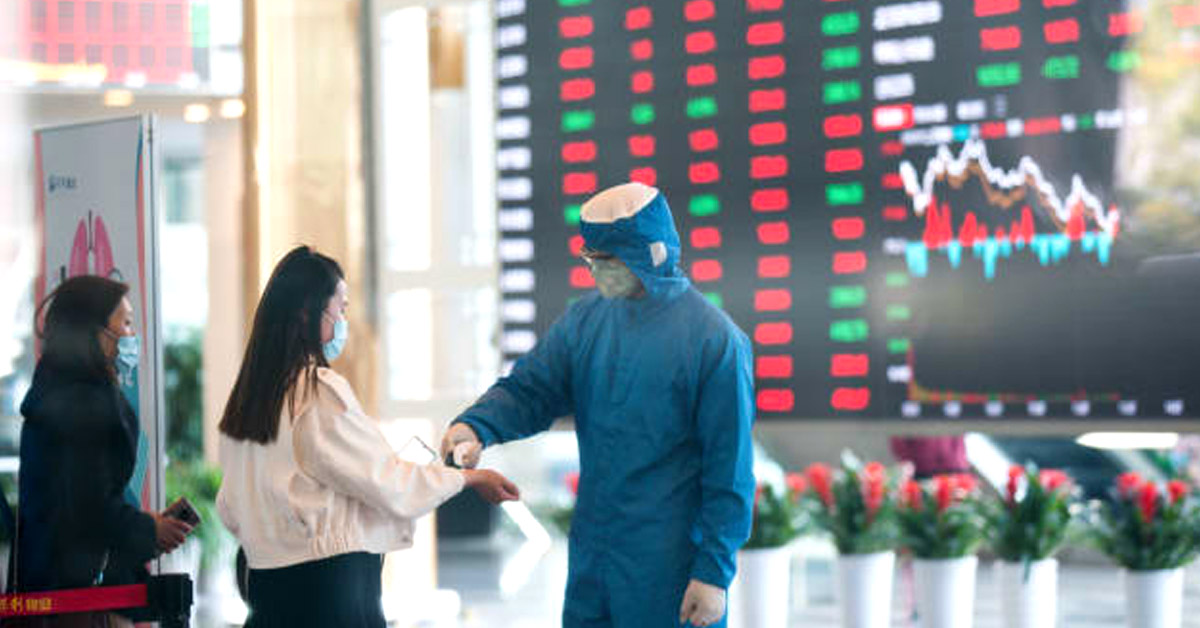

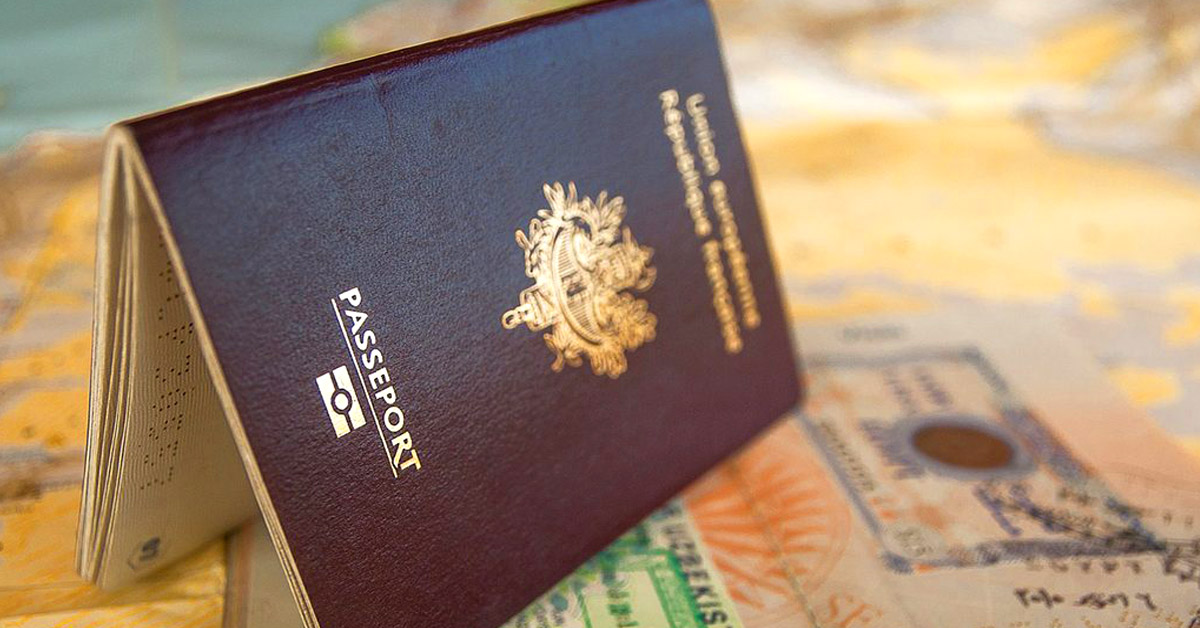
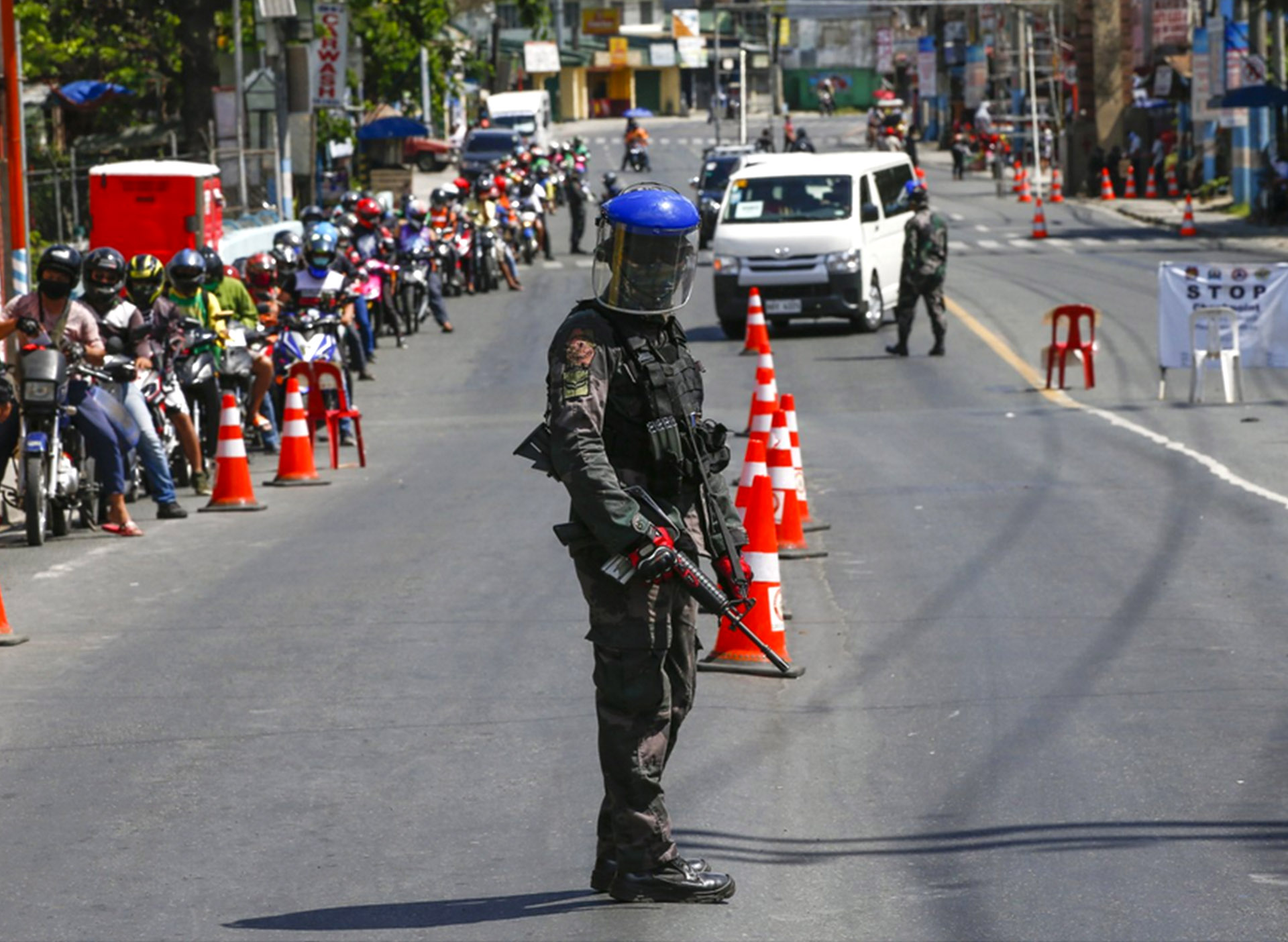








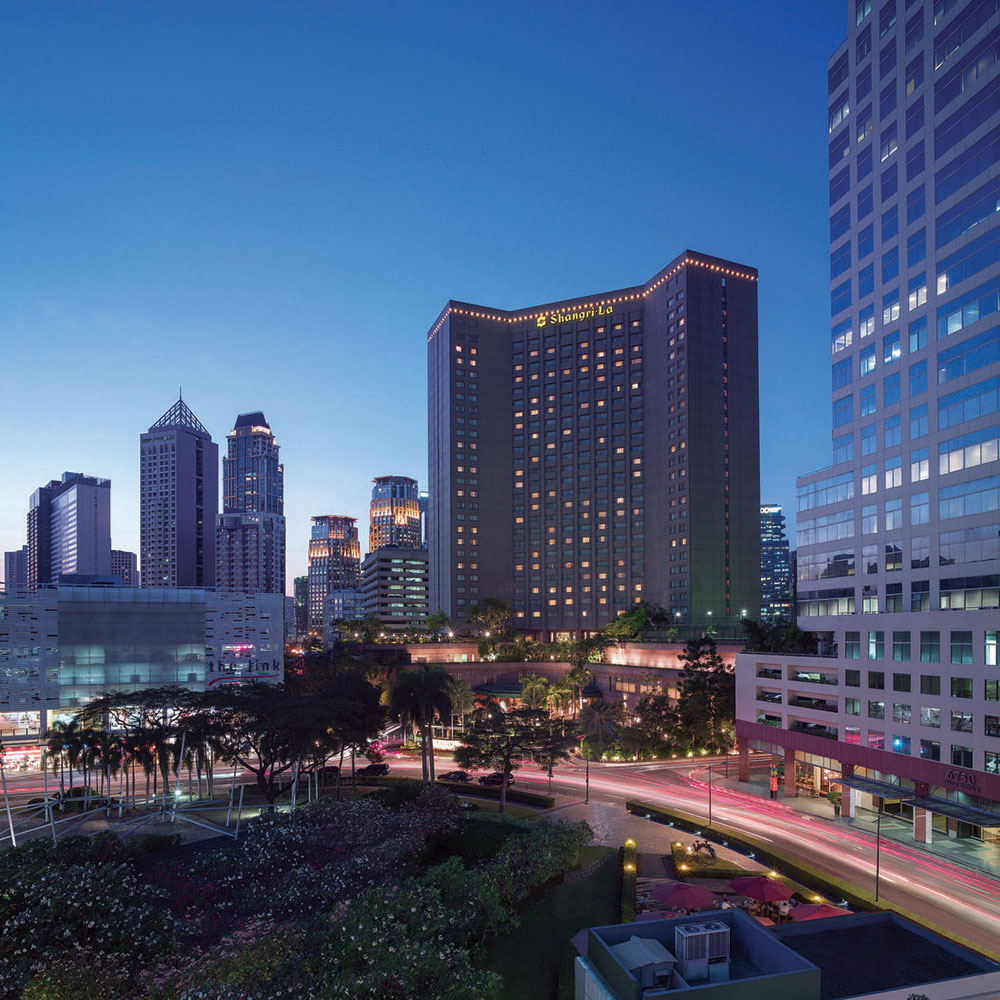



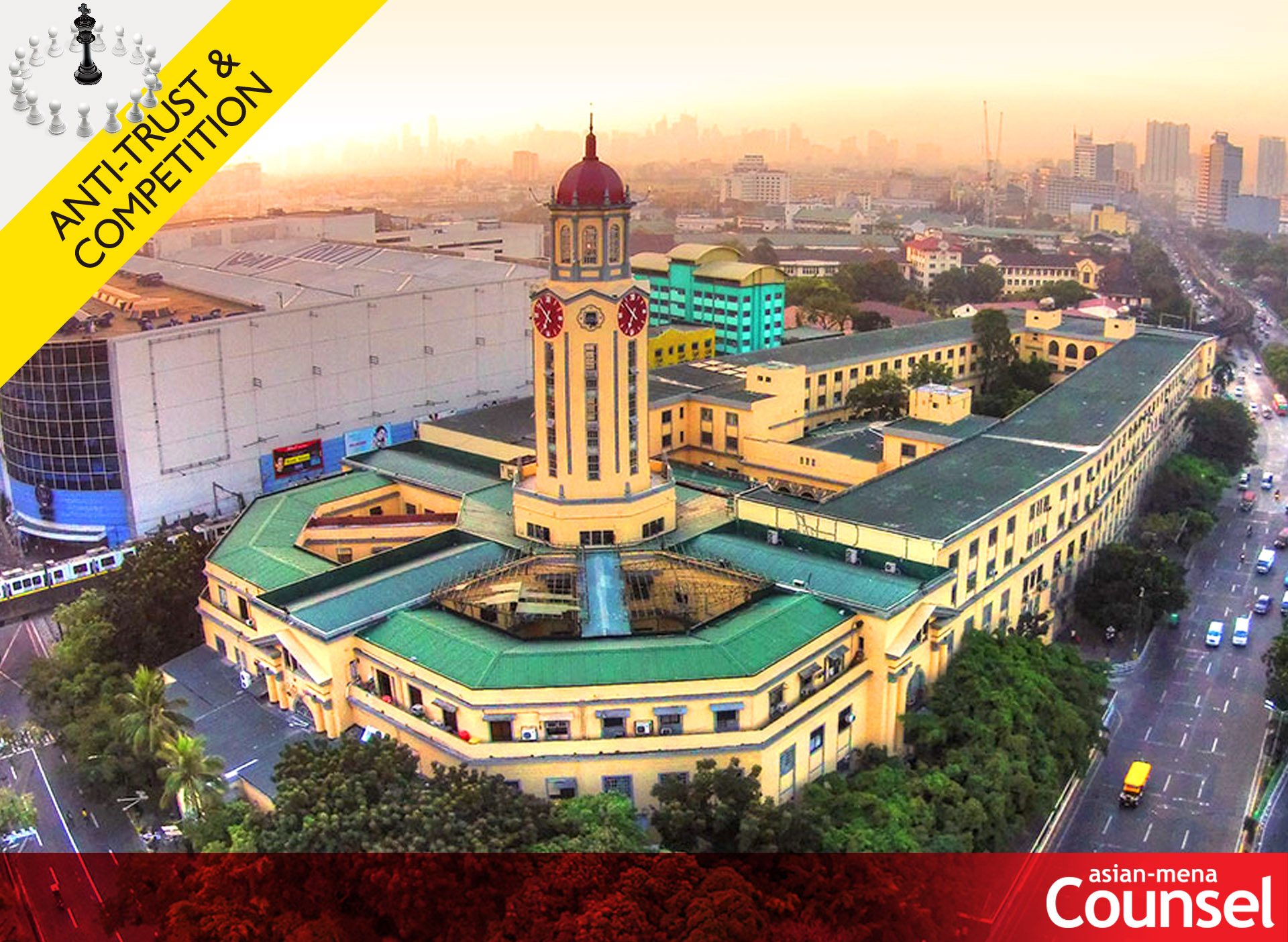











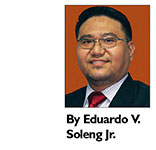
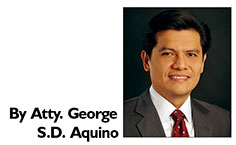








 Angara Abello Concepcion Regala & Cruz Law Offices (ACCRALAW)
Angara Abello Concepcion Regala & Cruz Law Offices (ACCRALAW)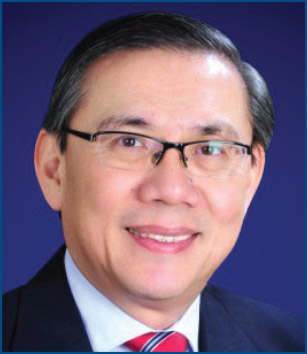 Emerico O. De Guzman
Emerico O. De Guzman



